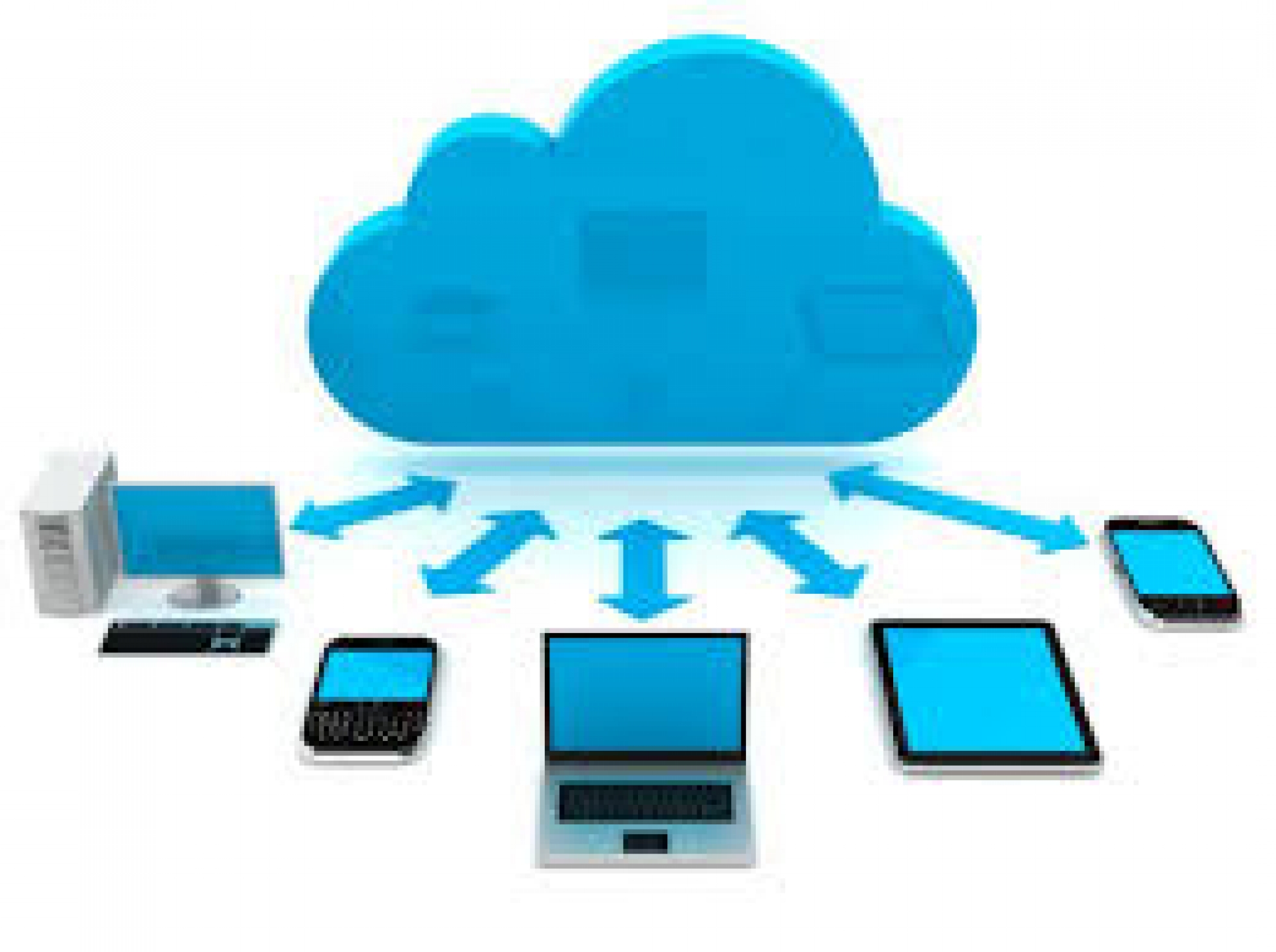As the cloud has evolved over recent years as the primary delivery model for many business software solutions such as e-mail, CRM, even standalone accounting software, companies implementing ERP have tended to shy away and opt for the perceived safety of on-premises installations.
Lately this has begun to change and over the next 18 to 24 months it is anticipated that the wide availability of faster and more reliable than ever internet access will see a seismic shift in corporate attitudes to the cloud. But which is better? How do you determine whether to opt for the cloud or the on-premises model, or indeed does the best approach lie somewhere between the two in a so called “hybrid” solution?
On-premises ERP solutions
The traditional approach to ERP has seen companies pay a considerable sum upfront for software licences. Added to this is the often high cost of the infrastructure to support the system – including servers, network, client devices, backup facilities, routing and firewall, etc. And that’s even before you start into the implementation and any possible software modifications. Many companies prefer the comfort of knowing where their data resides, the fact that they own the licences should the vendor cease to exist in its current form and the fact that they are not beholden to the utility company supporting their internet connection. There is also the added concern that where someone else is looking after your data, security may be perceived as an issue. These are the principal reasons the cloud model has not been adopted to date.
Cloud ERP solutions
Over the past couple of years, cloud solutions have begun to expand into the ERP space. Up until two or three years ago, it was rare to see a company putting their entire backoffice business systems online. However, as the cloud becomes the norm for many other aspects of day to day corporate life, more and more businesses are looking to the cloud for the platform on which to deliver their mission critical software infrastructure. This is helped by ever-increasing globalisation. A couple of years ago, the concept that a company operating in Ireland with manufacturing facilities in China and Australia could have all sites working off the same ERP instance at the same time in the same database was considered impossible. Now with cloud and web-based solutions this is a relatively commonplace occurrence.
Hybrid ERP
For many, the ability to dip a toe into the world of Cloud ERP is enabled via the concept of a hybrid solution. This can come in various forms, but typically it involves the out-right purchase of software licences that are installed on a cloud virtual server. This server becomes part of the corporate network via a Virtual Private Network (VPN.) In this way, the company has the option to move the system in its entirety to an on-premises solution, or indeed migrate to a full cloud solution in the future if so desired.
At Profitsflow we provide ERP solutions for Irish manufacturers, and Field Service Management software to teams of engineers. The software is available as a traditional on-premises solution, a cloud solution or on a hybrid model. To help prospective customers decide on which model suits their needs best, we have put together a white paper which evaluates the options in an impartial manner. To get your free copy, register online: On-Premises vs. Cloud ERP Solutions
